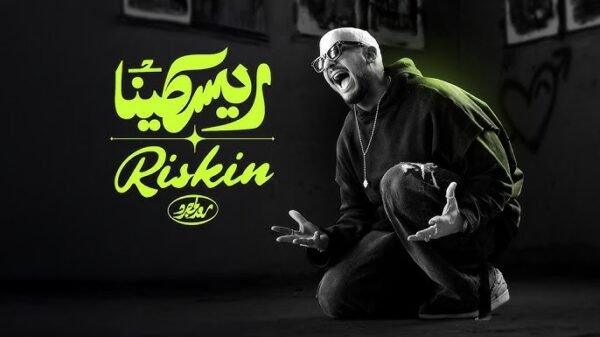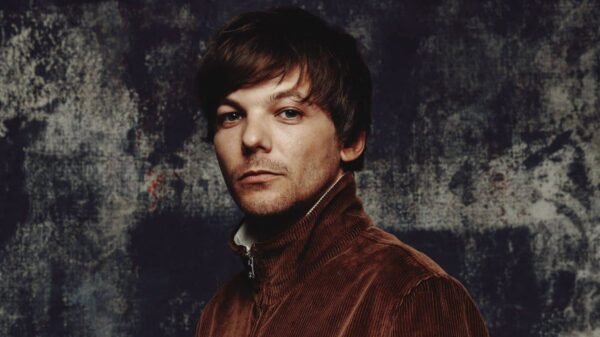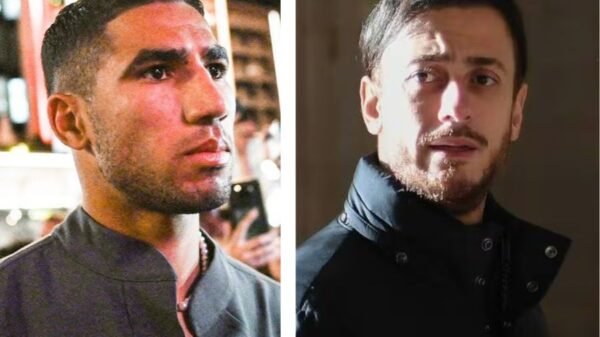In recent years, two prominent Moroccan figures, Saad Lamjarred and Achraf Hakimi, have found themselves at the center of legal storms that have captivated international media. These cases, while seemingly unrelated, share a common thread: a coordinated effort to tarnish the reputations of Moroccan and Arab stars. This article delves into the parallels between their cases and argues that these legal battles are part of a broader campaign to suppress influential voices from the Arab world.
Saad Lamjarred: A Career Under Siege
Saad Lamjarred, known for his chart-topping hits and massive online presence, has been embroiled in legal troubles that have spanned multiple countries. From his initial arrest in the United States in 2010 to his recent conviction in France, Lamjarred’s legal odyssey has been marked by intense media scrutiny and public outcry. His 2023 conviction in Paris for aggravated rape, which resulted in a six-year prison sentence, has been a focal point of controversy. Despite his denials and claims of a biased trial, the French legal system has moved forward with its verdict, effectively silencing one of Morocco’s most influential cultural exports
Achraf Hakimi: From Football Hero to Accused
Achraf Hakimi, a key player for Paris Saint-Germain and the Moroccan national team, has also faced serious allegations. Accused of rape in 2023, Hakimi has been under judicial supervision and is currently awaiting trial. The case against him has drawn significant media attention, given his high profile in international football. Prosecutors have called for a trial, and if found guilty, Hakimi could face up to 20 years in prison. His legal team has vehemently denied the charges, describing the prosecution’s request as “illogical and unsupported by evidence”
A Pattern of Targeting
The cases of Lamjarred and Hakimi are not isolated incidents. They are part of a larger pattern where Moroccan and Arab stars are increasingly becoming targets of what appears to be a coordinated campaign to discredit and silence them. From the allegations in Paris to the accusations in Saint-Tropez, each case has been met with intense media scrutiny and public outcry. This pattern suggests a deliberate effort to undermine the influence of these artists and athletes, who have become symbols of cultural pride and influence.
Media and Public Reaction
The public and media reaction to these cases has been intense and often biased. While some have rallied behind the victims, others have questioned the fairness of the trials and the media’s role in sensationalizing the allegations. The hashtags #LamjarredOut and #masaktach (Moroccan Arabic expression meaning “I won’t be silenced”) that trended on social media reflect the polarized nature of the debate, with some calling for their songs and images to be banned from public platforms
Legal and Procedural Irregularities
Both cases have raised questions about legal and procedural irregularities. In Lamjarred’s case, there have been reports of technical restrictions imposed on his content, suggesting a digital decline aimed at eroding his influence. Similarly, Hakimi’s legal team has criticized the French justice system for failing to guarantee a fair trial, citing “serious violations of procedural rights guaranteed under a fair trial”
Conclusion
The legal battles faced by Saad Lamjarred and Achraf Hakimi are more than just personal struggles; they are reflective of a broader trend targeting influential Moroccan and Arab figures. These cases highlight the challenges faced by public figures in the modern media landscape, where legal proceedings and public opinion can be weaponized to achieve specific agendas. Whether Lamjarred and Hakimi are ultimately exonerated or not, their cases serve as a stark reminder of the need for a more nuanced and fair approach to handling allegations against high-profile individuals, especially when cultural and national pride are at stake.






























